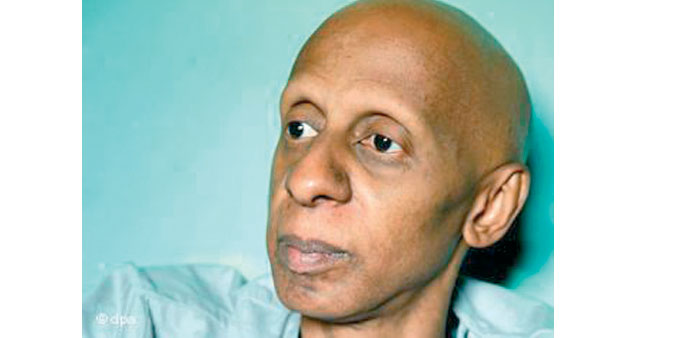|
Cuban dissident Guillermo Farinas said in Miami that migration reforms that have allowed several high-profile dissidents off the communist island in recent weeks is a “trap” into which Europe has fallen. |
Farinas said Cuban leaders “are trying to clean up their international image, including with left-wingers, who think that Cuba has a reactionary image, and they are cosmetically trying to change that. They are only looking for financing from the European Union and North America.”
Farinas is the latest member of the Cuban dissident movement to leave the island since rules allowing citizens to travel outside the country were loosened in January.
The reforms scrapped the need for exit permits, which Cuban authorities had for decades systematically denied to dissidents.
Cuban President Raul Castro’s government is only seeking “financing and investment” from Havana’s foreign critics, Farinas said in a joint event with the dissident Cuban group Damas de Blanco (Ladies in White) in Miami.
“They are negotiating to do away with the common position (of EU members on Cuba). The Europeans fell into the trap of letting us leave. It is the way that economic blocks can grant (Cuba) loans and investment,” Farinas said.
Farinas, who is well known for his hunger strikes and other forms of peaceful protests and was awarded the 2010 Sakharov Prize for Freedom of Thought by the European Parliament, said he was “a little bit surprised” that such change in Cuba has happened before “the natural death of Fidel Castro.”
“The fact that they have had to do it before that is because the economic, social and political situation is very bad for them. It is not out of goodness, because the Cuban government is cruel and inhumane,” he said. “It has been achieved because there is an internal opposition that has earned it an exile community that has not given up and an international community that has demanded it.”
Farinas said he had felt welcomed by exiles in Miami even though he feared criticism from its most militant members because his protests were peaceful.
“We realise that the government has bombarded our minds saying that you are different, that Miami is different from Cuba, and now one realises that it is not,” he said.

